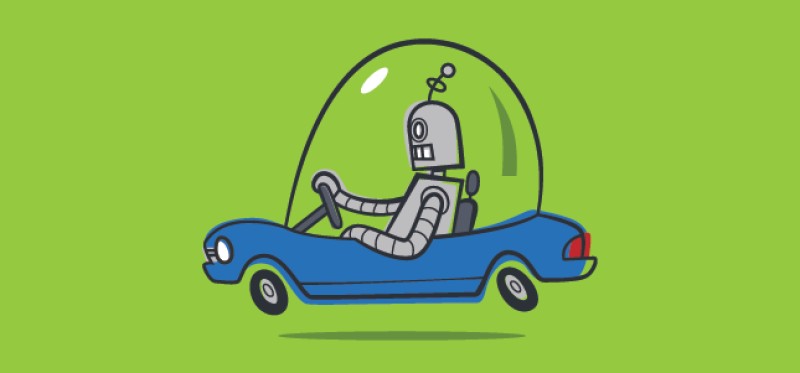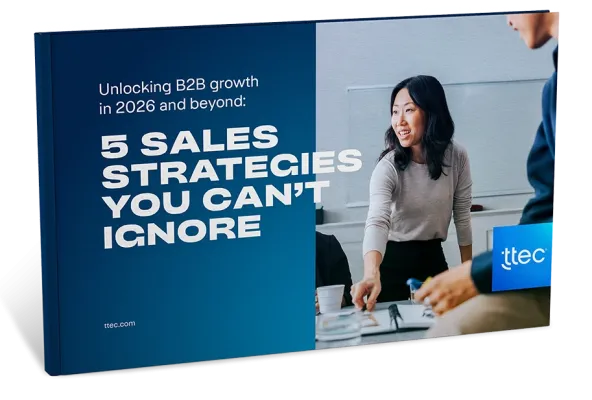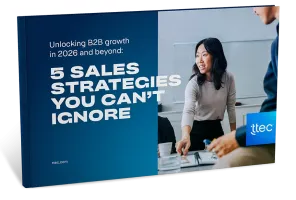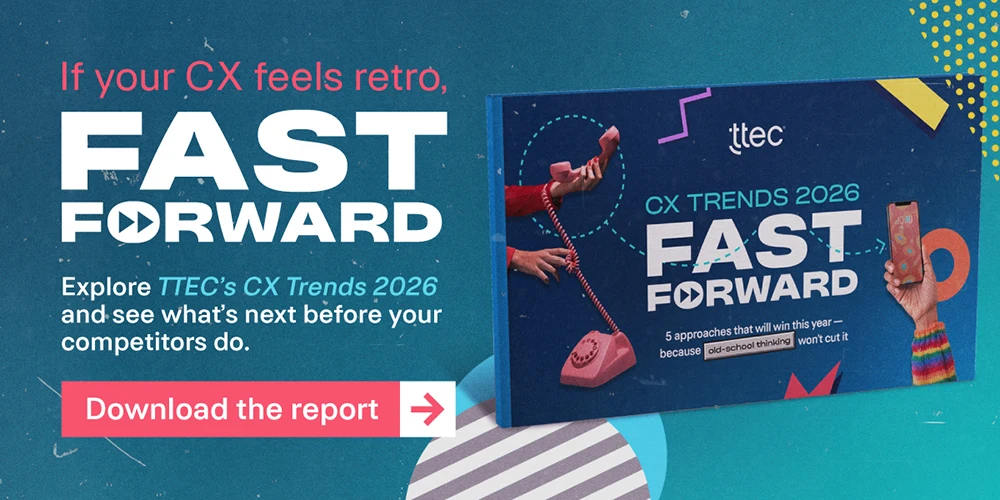The automotive industry isn’t about products anymore. It’s about relationships. Vehicles are becoming more and more alike, and even impressive technology is being co-opted and commoditized nearly as fast as it can be introduced.
True differentiation comes from relationships and the connection between brands and consumers. Strong relationships are built on trust and respect, and dare I say -- love. You don’t love what you are not attached to. What you don’t love, you treat like a commodity. Our family, children and country are things we love -- this love is what your dealership and OEM should aspire to also. Why settle for less than love?
However, technology innovations like autonomous vehicles, artificial intelligence, and predictive software threatens to eliminate the human touch from relationships. If not addressed, automation may commoditize the entire sales and service process. Amazon is introducing a retail concept with no people and a robot asked me if I needed help this week at a Tokyo airport. These interactions are helpful, but not emotional.
Make no mistake, people make all the difference. Automation may reduce costs and improve speed of transactions, but employees will always be essential. To win in today’s automotive industry, interactions must be customer-focused and service-oriented, even in the sales process. This is especially critical in the relationship between dealers and car buyers. Dealerships need great people who deeply understand their role in maintaining relationships with prospects and owners.
We see untapped opportunity among dealers to utilize customer-focused business development centers (BDC) to manage end-to-end sales and retention activities. This BDC layer, with critical technology and expertise in customer relationships, will almost guarantee ROI and increased customer satisfaction scores. Examples of how a BDC can help infuse humans with automation:
- Internet lead qualification and engagement for new car sales and service appointments
- Coordinating service appointments and sales discussions
- Managing data and relationships for appropriate follow-up at key points in the customer lifecycle
- Coordinating concierge service when appropriate
- Acting as liaison to OEM
Often, these “nurturing” touchpoints are where the customer relationship can be improved or broken. Yet for many dealers, they are considered secondary to closing a sale or servicing vehicles. What’s more, customers who visit multiple dealers may have completely different experiences at each location, even though they are considering the same car brand. That could jeopardize the strength of an OEM’s brand promise.
A fine-tuned BDC will convert more leads into sales and reduce churn, which means higher revenue for your service department. And a BDC made up of experts in customer centricity only helps OEMs and dealers differentiate and build love through a great experience.
Buying a car is an important, expensive decision for consumers. They want to know that they can trust a person to act as an advisor through the moments that matter. They want to be treated as people first. They have very high expectations of how they want to be treated by brands and dealers.
We will continue to see automakers and dealers educate themselves on how to balance automation and people. How quickly they can achieve that balance is what will set aside the winners from losers in the long run.
Like this post? Subscribe to our customer experience blog.
Also, check out the most recent issue of our monthly customer experience eNewsletter, Dialogue.















